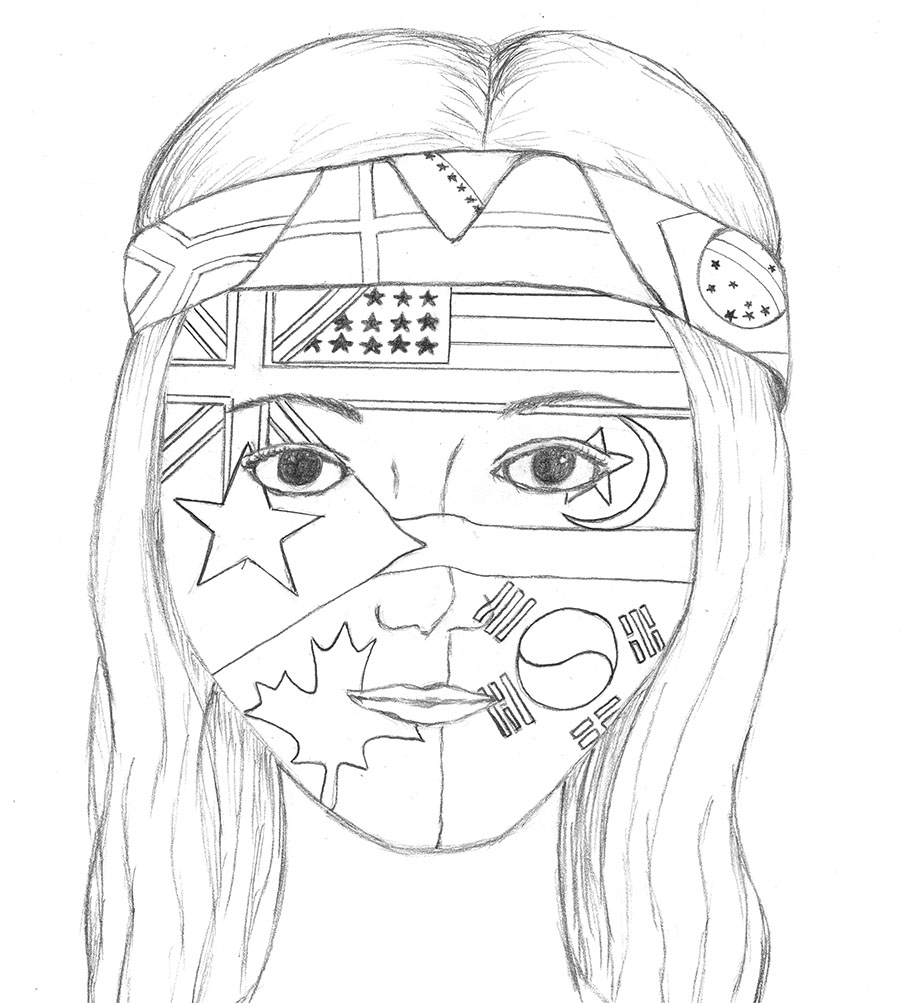
When I was four, I thought I was Chinese.
Teachers at school, as well as elderly women in grocery stores, would fawn over the “cute little Chinese girl” as I toothily smiled back. Because of a constant inflow of wrong information, I didn’t know much about who I was, or the fact that I was actually Korean.
As a child born to immigrants, I lived in a place where I did not learn about my culture and heritage. I had to assimilate to American culture to thrive. In the process, I lost a part of who I was.
At Glenbrook North, students are invited to join culture clubs, places where minorities can find other students like them. In these meetings, they can share their experiences and celebrate their unique culture without feeling out of place. The clubs also allow others to learn about the cultures of their fellow peers.
The administration has proposed a plan to condense culture and language clubs into one diverse club. Taking away the clubs where minorities can find empowerment through their culture silences their voices. Grouping the culture clubs together is not a good idea. In doing so, the school is telling us minorities that we are all the same to them: Chinese Culture Club, Indo-Pak, Korean Culture Club — we are simply minorities, easily catered with one association. I understand that diversity is valuable and that a combined culture club can help spread cultural awareness, but that should be left for clubs like International Club.
We need culture-specific clubs for students to have solidarity and for students to feel empowered together as a common group.
I understand that it is tough on the administration to keep clubs running when there are so many and so few members attend. However, keeping these clubs running for the few that attend is important enough to endure the struggle of managing them. Having culture clubs sponsored by the school tells us minorities that the school cares about our background and will support it. Getting rid of the specific clubs tells us otherwise.
We need culture-specific clubs in order to preserve who we are in the midst of the crowding pressure of assimilation to American culture. We need a distinct and clear voice where we can find others like us, and become empowered — playing traditional games, talking in our native language and sharing the culture with others as something special.
School is a place where students learn and grow, and at our school we primarily see and know about white culture since the majority of our school is white. The existence of culture clubs gives all students a chance to be educated about minority cultures and gives minorities a place to learn about their culture as well. This way, no student will ever forget who he or she is, no matter how much outside influences tell him or her otherwise.
I hope that despite whatever decisions are made by the administration in the future, minorities in the student population will have a place to celebrate their heritage.

